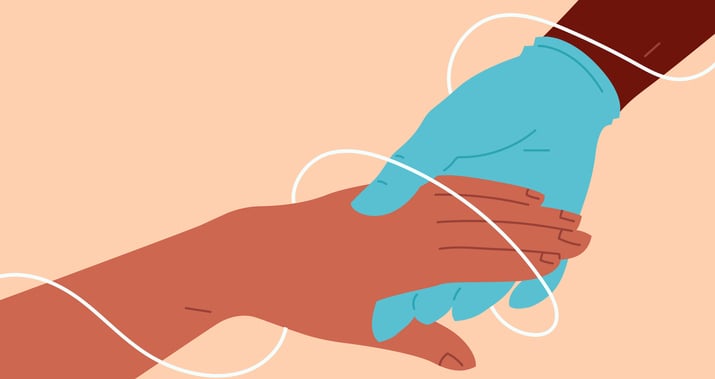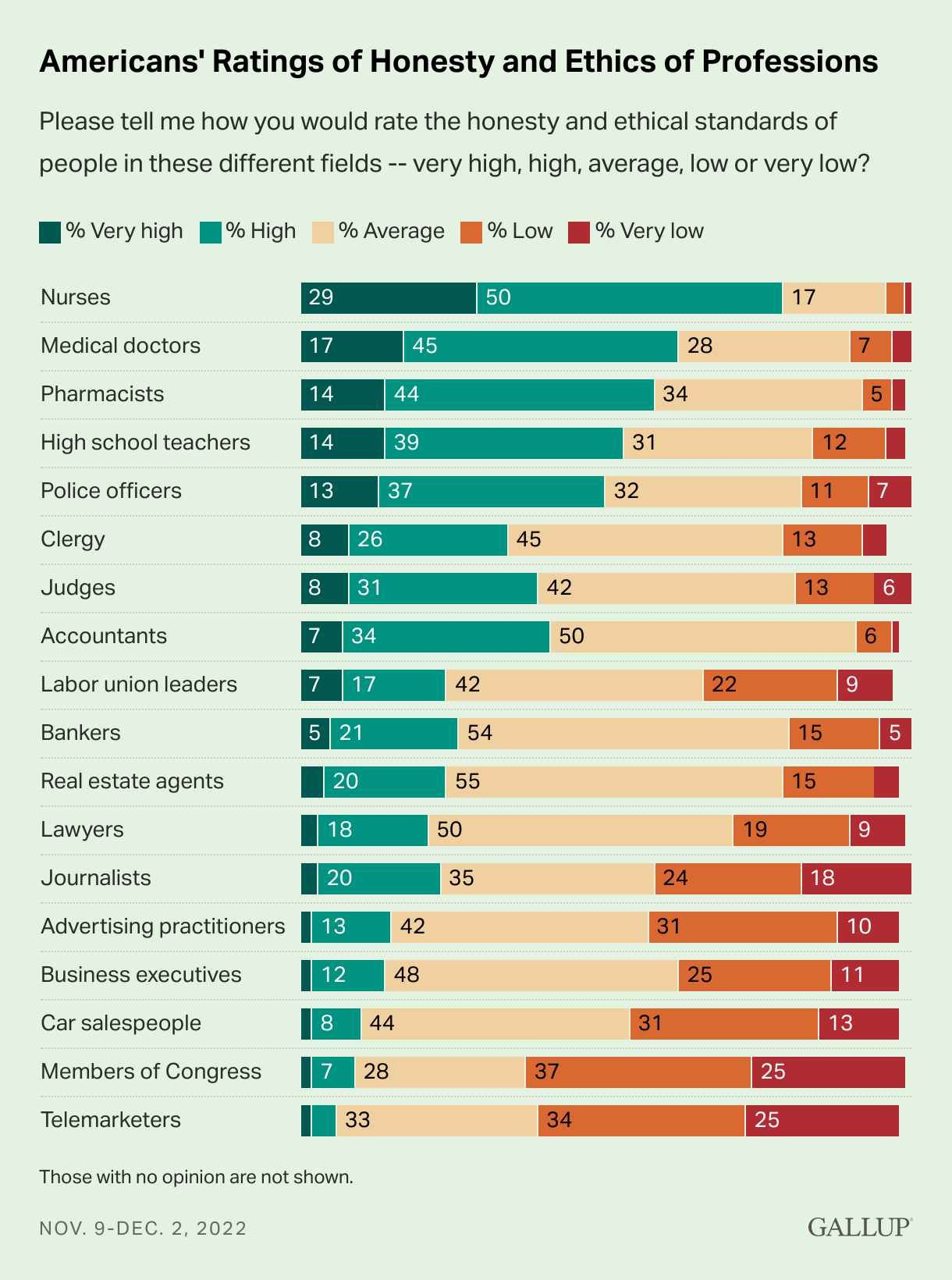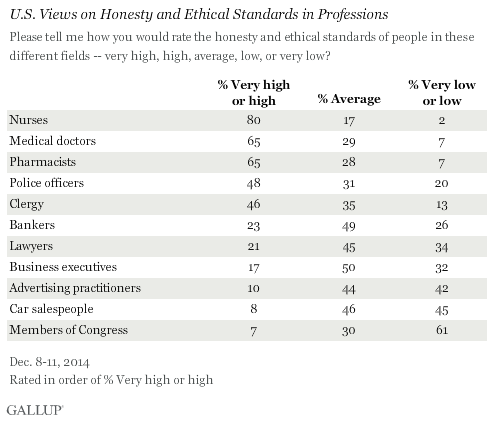Social media can be a powerful tool for Nurses to connect with colleagues, share information, and engage with the broader healthcare community. However, it's important to use social media responsibly and professionally.
Here are some best practices for Nurses using social media:
Maintain Patient Confidentiality
One of the most critical aspects of being a Nurse on social media is to prioritize patient confidentiality. It is essential never to share any patient information that could potentially identify them, including names, photos, or any specific details about their condition. Even seemingly innocent posts or comments can inadvertently disclose information, so you must be cautious about what you share.
Respecting patient confidentiality is not only an ethical responsibility but also a legal requirement. The Health Insurance Portability and Accountability Act (HIPAA) strictly protects patient privacy and prohibits healthcare professionals from sharing any identifiable information without the patient's consent. Violating patient confidentiality can result in serious consequences, including legal actions and even the loss of your nursing license.
Patient trust is of utmost importance, and maintaining their privacy and confidentiality is a fundamental part of providing quality healthcare. By practicing responsible social media use and being mindful of what you share, you can protect patient confidentiality and maintain the trust and respect of your colleagues and the broader healthcare community.
Separate Personal and Professional Accounts
Consider having separate social media accounts for personal and professional use. Maintaining separate accounts allows you to establish a clear boundary between your personal life and your role as a Nurse. By keeping personal information and professional content separate, you can ensure your online presence aligns with your professional image and responsibilities.
Having separate accounts allows you to maintain a sense of privacy and control over the information you share. You can choose to share personal updates and photos with your friends and family on your personal account, while keeping your professional account strictly focused on healthcare-related content.
Follow Employer Policies and Guidelines
Nurses should familiarize themselves with their workplace's social media policies and guidelines. Healthcare institutions may have specific rules and regulations regarding social media use, and it is essential to comply with them thoroughly. By understanding and adhering to these policies, Nurses can ensure that their social media activities align with the expectations and standards set by their employers.
Employer policies and guidelines are put in place to protect both the healthcare institution and its employees. They often outline what is considered acceptable and unacceptable behavior on social media platforms. These rules may include restrictions on posting patient information, engaging in inappropriate discussions, or sharing confidential information related to the workplace.
Think Before You Post
When it comes to social media, it's easy to get caught up in the moment and impulsively share a post or comment without considering the potential consequences. However, as a Nurse, you should take a moment to think before you hit that "post" button.
Your online presence is a reflection of your professional reputation. What you share on social media can impact how colleagues, patients, and the broader healthcare community perceive you. Therefore, be mindful of the content you share and the potential implications it may have.
Promote Positive Health Messages
As a Nurse on social media, you have a unique opportunity to promote positive health messages and educate your audience about various health topics. Use your platform to share accurate and reliable health information that can help people make informed decisions about their well-being.
If you come across misinformation or false claims on social media, address them in a respectful and educational manner. Correcting misinformation not only helps individuals make better health choices, but it also contributes to the overall improvement of public health.
When correcting misinformation, provide credible sources and evidence to support your claims. This can help establish your expertise and build trust with your audience. Focus on the facts and avoid engaging in arguments or personal attacks. Your goal should be to educate and inform, rather than to engage in confrontations.
Engage Professionally
Engaging professionally on social media as a Nurse can provide valuable opportunities for networking, learning, and collaboration. By participating in professional discussions, sharing relevant articles, and connecting with other healthcare professionals, you can stay informed about the latest trends, research, and best practices in the Nursing field.
Participating in online Nursing communities is an excellent way to connect with colleagues who share similar interests and challenges. These communities often provide a platform for discussing complex cases, seeking advice, and sharing experiences. By contributing to these discussions, you can expand your knowledge, gain insights from others' expertise, and build a strong professional network.
Monitor Privacy Settings
Regularly reviewing and updating your privacy settings allows you to have control over who can see your posts and helps protect patient confidentiality. However, it is essential to be aware even with privacy settings in place, information can sometimes be shared beyond your intended audience.
To effectively monitor your privacy settings, make it a habit to check and update them regularly. This ensures you are utilizing the latest features and options available on social media platforms. Take the time to familiarize yourself with the privacy settings of each platform and customize them according to your preferences.


 The
The 
 What is Nursing Ethics?
What is Nursing Ethics?

